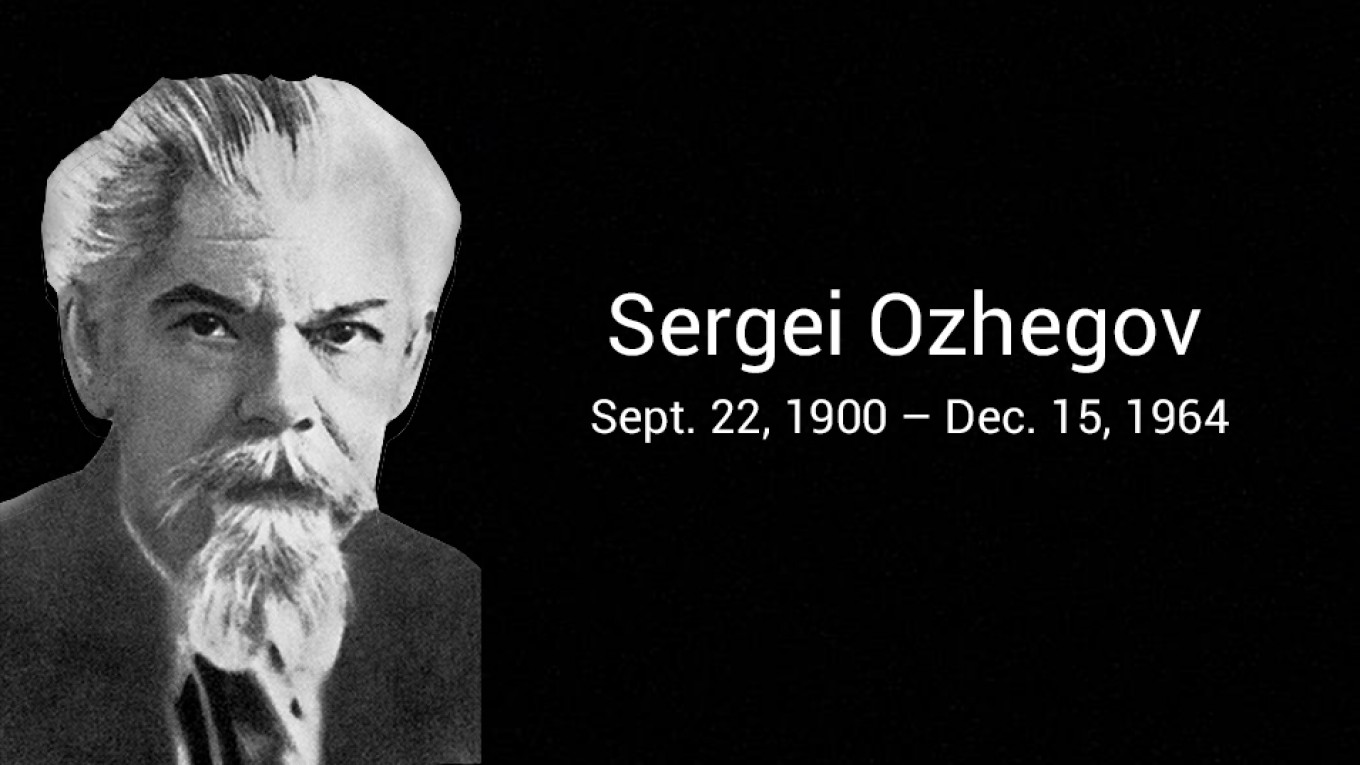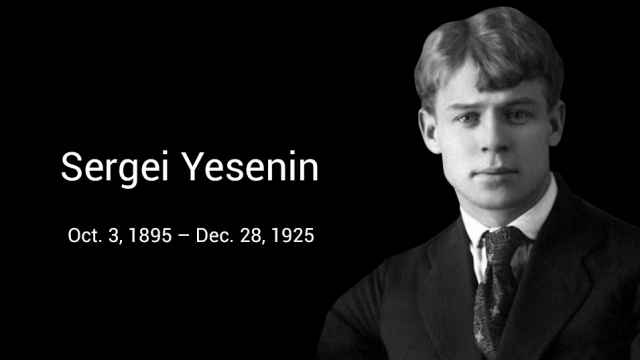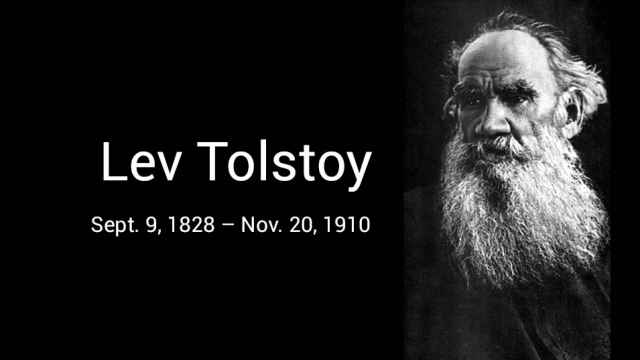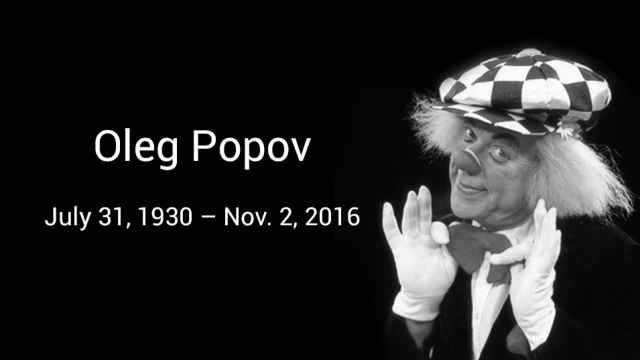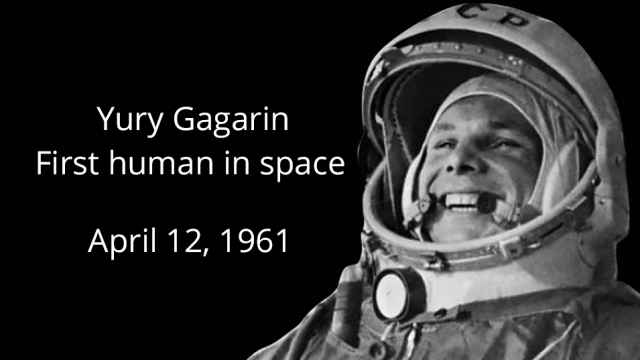On this day in 1900 Sergei Ozhegov, the writer of one of the first Russian dictionaries, was born.
Born in Kamennoe village in the Tver region, Ozhegov is celebrated for his “Dictionary of the Russian Language,” which remains the most widely used reference for the Russian language today, especially for writers, journalists and interpreters.
The oldest of three brothers, Ozhegov and his family moved to St. Petersburg before World War I, where he enrolled in university. Interested in philology, the young Ozhegov was also inclined to athletics – he was known to be a good football player – but he ultimately chose his passion for language and literature.
His education was not without interruption, however, as Ozhegov was called to serve in the military in northwest Russia and Ukraine. Fortunately, he emerged unscathed and in 1922 continued his education. While still a student, he began work on the “Russian Language Explanatory Dictionary” with known scientist and linguist Dmitry Ushakov as a mentor. Ushakov would greatly influence Ozhegov’s life and career.
Staying mostly away from politics during the time of the Bolshevik administration – though it is said he supported both the Socialist Revolutionary Party and later the Bolsheviks – his interest in science and language was unwavering. During this time, he composed a dictionary to help understand the work of the famous playwright Aleksander Ostrovsky; this was deemed inappropriate by the Soviet government and only published years later.
Following his graduation in 1926, Ozhegov started a postgraduate course where he was able to attend lectures delivered by renowned linguists. He also studied Slavic phonetics, languages and vocabulary, something which interested his own professors. Ozhegov began teaching, too, and was popular with young students and scholars.
In 1936, Ozhegov moved to Moscow and taught Russian in universities and institutions. By the time World War II broke out, he had finished his “Explanatory Dictionary” and wanted to volunteer at the front line. He was stopped, however, as the Soviet government believed him to be too valuable to Russian linguistics and scholarship. He remained in Moscow for research and teaching.
During the war, Ushakov, who was still a close friend, died, and Ozhegov would continue working on the “Russian Language Dictionary” on his own despite the hardships of war. He wrote in a letter, “I don’t have any cigarettes left. In my flat there is no electricity, no central heating, no hot and cold running water. The sewage system is also out of order.” But still, he persisted. Not only did Ozhegov continue work on his magnum opus, he also created new courses and lectures on the history of script, founded a linguistic scientific association, studied war language and became his own security guard in the building he lived in (which is today the Russian Language Institute).
Before and during this time he lost both his brothers, his wife and his son (he later adopted the daughter of one of his brothers) and was deeply depressed, with only his work to keep him going.
After the war in 1949, the first edition of his dictionary with 50,000 words was published. It immediately gained the attention of many readers and language lovers, and Ozhegov was soon flooded with requests to define and explain words, phrases and expressions (somehow, he found time for each of them).
During his lifetime, eight editions of his dictionary were published, with modern versions containing up to 80,000 words.
Despite all his work and acclaim, Ozhegov was never given official status or awards. Throughout his life he lived simply and was indifferent to accolades. The linguist died in 1964 after he was given infected blood during a blood transfusion. His legacy lives on today in the work of translators, academics and students of Russian around the world.
A Message from The Moscow Times:
Dear readers,
We are facing unprecedented challenges. Russia's Prosecutor General's Office has designated The Moscow Times as an "undesirable" organization, criminalizing our work and putting our staff at risk of prosecution. This follows our earlier unjust labeling as a "foreign agent."
These actions are direct attempts to silence independent journalism in Russia. The authorities claim our work "discredits the decisions of the Russian leadership." We see things differently: we strive to provide accurate, unbiased reporting on Russia.
We, the journalists of The Moscow Times, refuse to be silenced. But to continue our work, we need your help.
Your support, no matter how small, makes a world of difference. If you can, please support us monthly starting from just $2. It's quick to set up, and every contribution makes a significant impact.
By supporting The Moscow Times, you're defending open, independent journalism in the face of repression. Thank you for standing with us.
Remind me later.


